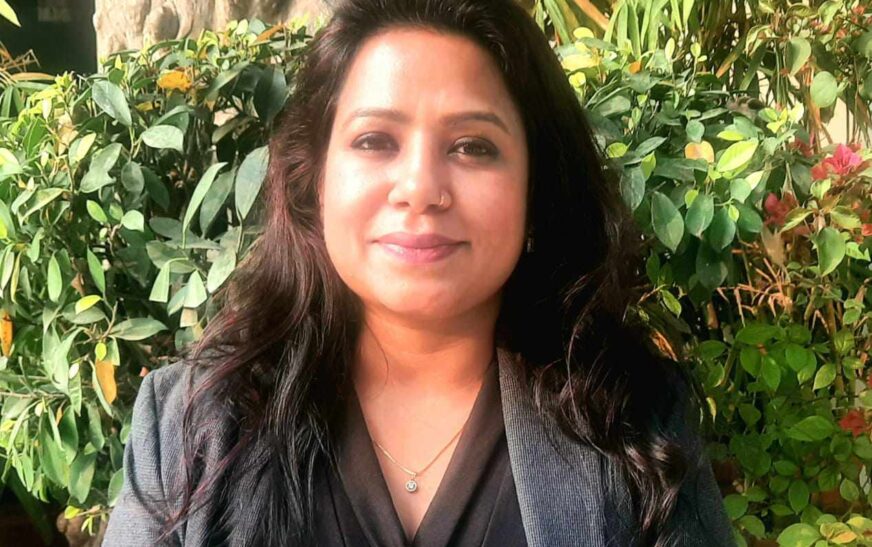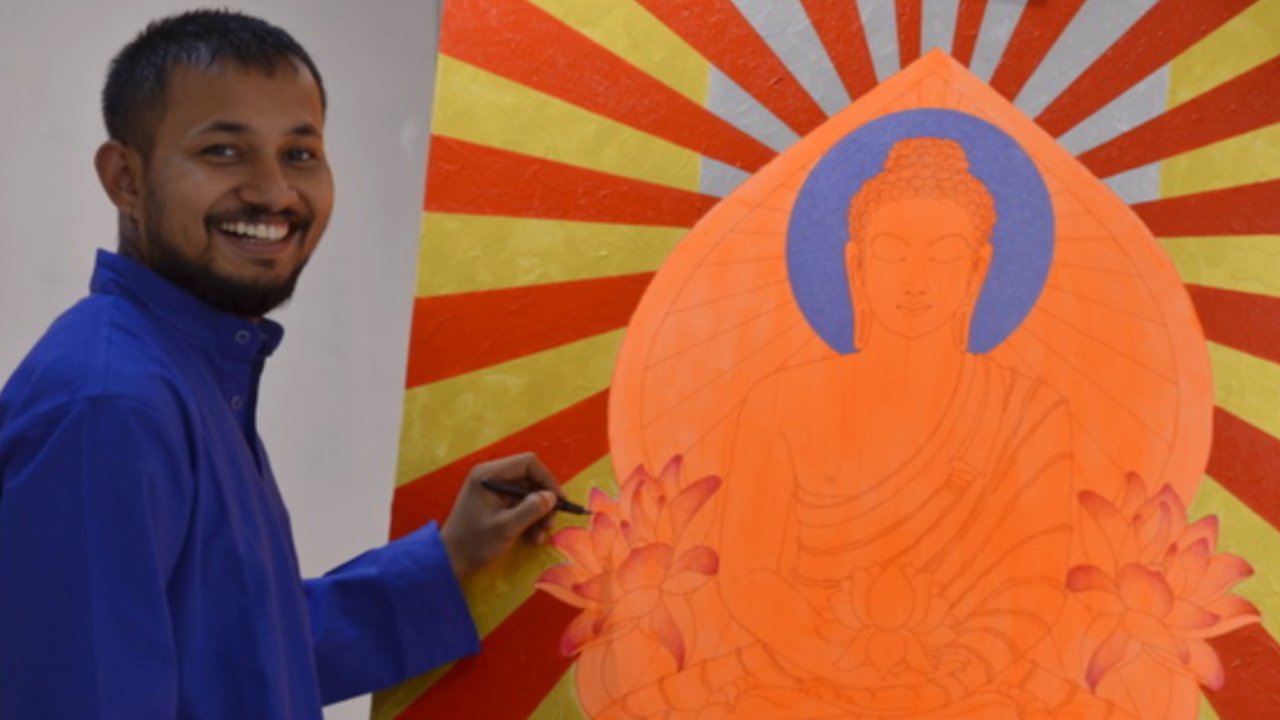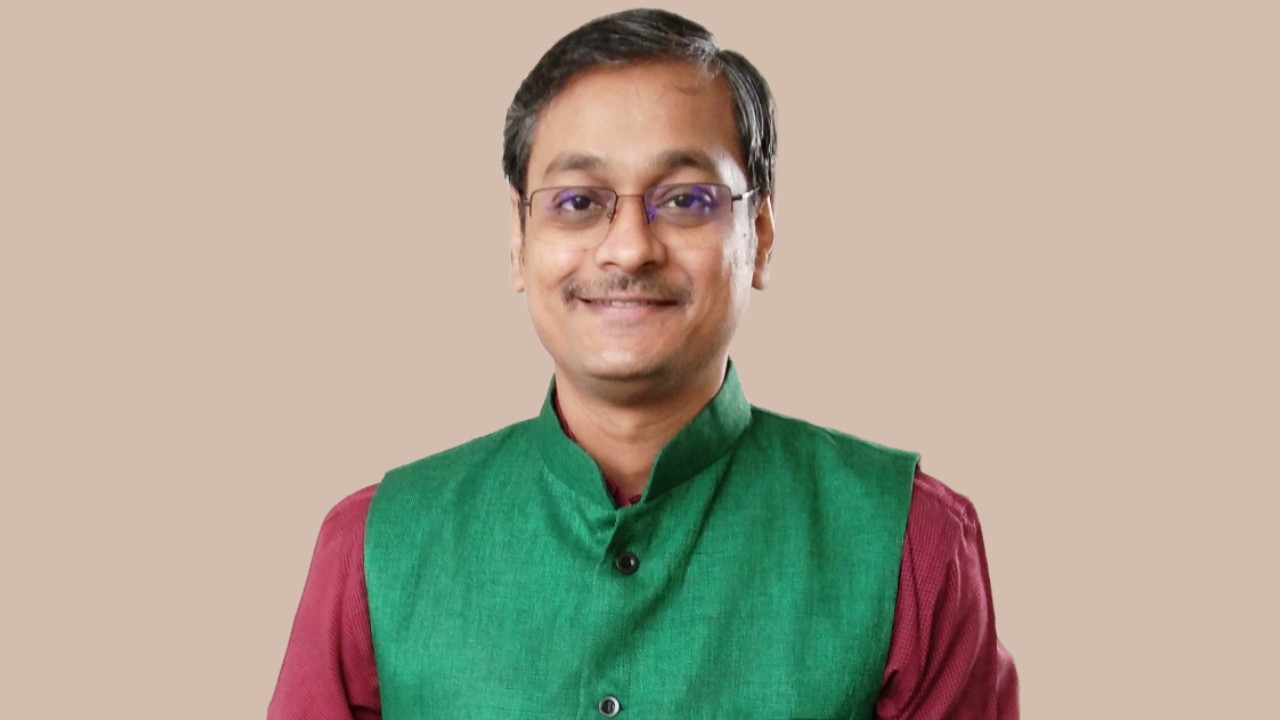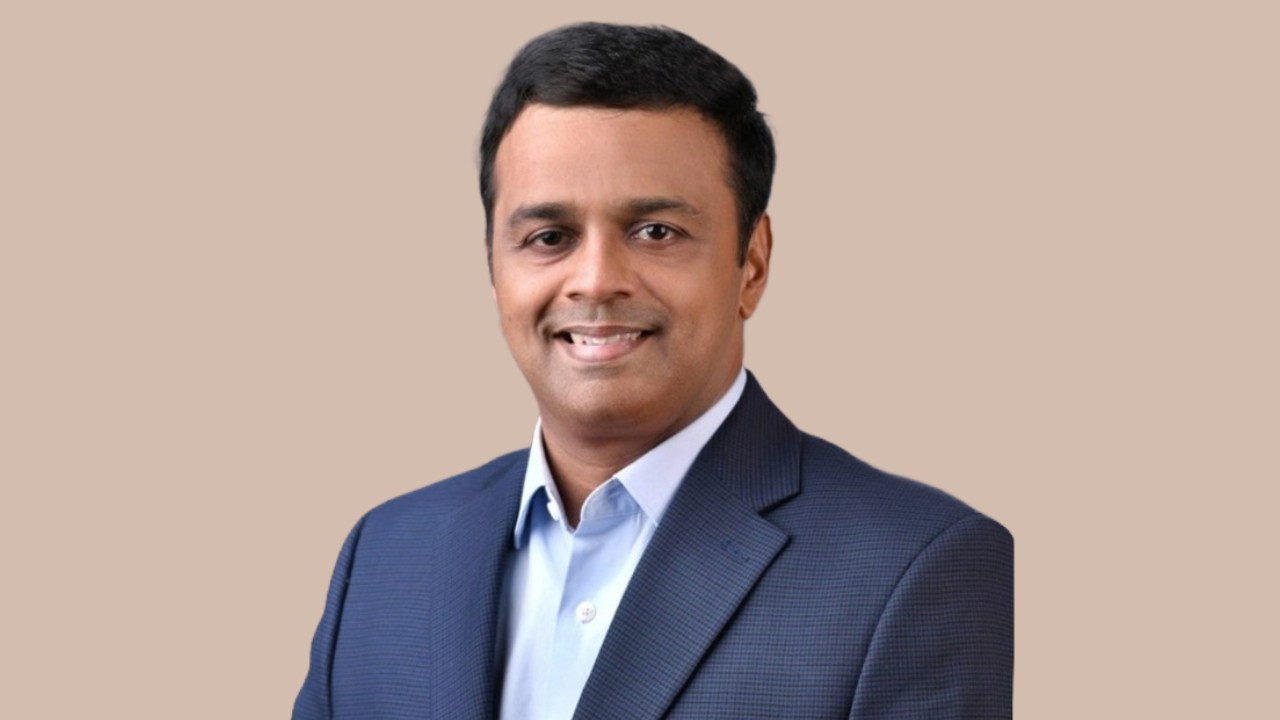Ekam Nyaay Foundation stands at the forefront of the fight for justice, equality, and human rights. Founded by acclaimed equal rights activist Deepika Narayan Bhardwaj, this groundbreaking non-governmental organization (NGO) works relentlessly to address gender disparities and promote gender-neutral justice in the country, with a sharp focus on the challenges men face in society.
Rooted in integrity, compassion, and inclusivity, Ekam Nyaay provides critical support to individuals battling false accusations, wrongful convictions, and human rights violations. Through legal aid, emotional support, and counselling, the organization ensures that those in distress find a safe space to seek justice and reclaim their dignity.
Beyond individual advocacy, the foundation drives research on men’s rights and systemic gender injustice. By exposing overlooked issues, it pushes for legislative reforms and policy changes for gender-neutral justice system that foster true equity. It also actively dismantles harmful stereotypes, champions positive masculinity, and emphasizes the importance of mental well-being for both men and women.
Ekam Nyaay’s mission extends beyond advocacy—it envisions a society where equal rights and responsibilities empower every individual to thrive and contribute meaningfully. With its multifaceted initiatives, the organization continues to shape a more just and balanced world.
At Vidhi Utsav 2025, hosted by OakBridge Publishing, The Interview World engaged in an exclusive conversation with Deepika Narayan Bhardwaj, Founder and Director of Ekam Nyaay. She dissected the absence of gender-neutral justice system in India, exposed the legal gaps that leave men vulnerable, and explored the mindset shifts necessary for society to recognize male suffering. She also examined whether men are stepping forward to fight their legal battles. Here are the key takeaways from her compelling discussion.
Q: In your view, what are the key factors that contribute to the lack of gender-neutral justice system in our country, and what impact do these laws have on men?
A: For the past 13 years, I have relentlessly worked on men’s rights, exposing the glaring gaps in gender-specific laws. In India, laws addressing cruelty, sexual harassment, rape, stalking, and domestic violence are exclusively designed to protect women. No equivalent legal framework exists for men. This systemic oversight is a fundamental problem to build a gender-neutral justice ecosystem in the country.
An even graver issue is the rampant misuse of these laws. In matrimonial disputes, weaponizing legal provisions has become disturbingly common. Men face relentless mental harassment, with false accusations dragging entire families into distress. Take the shocking cases where bedridden, 75-year-old fathers-in-law are falsely accused of rape—allegations so absurd they defy logic. The situation worsens with the horrifying trend of fathers being wrongfully accused of sexually abusing their own children. Such fabricated cases reflect a deep erosion of humanity, and we need an urgent course correction in gender-neutral justice system.
Beyond individual suffering, the legal system itself has become a tool for extortion. Rape cases are being strategically filed to demand massive payouts—₹50 lakh, ₹1 crore, even ₹1.5 crore. Organized sextortion gangs now operate across the country, exploiting legal loopholes for financial gain.
But the crisis extends beyond legal abuse. Men’s mental health remains entirely neglected. No government programs address the psychological toll of false accusations or the extreme pressures men endure in gruelling work conditions. While extensive policies and initiatives uplift women, the state has entirely ignored the well-being of men. The imbalance is undeniable, and the consequences are severe. The only respite for men is a gender-neutral justice system.
Q: What are the key gaps in legal empowerment of men in our country, and what factors contribute to these challenges?
A: If, in 2024, we were still hearing on stage that women have been oppressed for centuries and, therefore, laws should not be made for men, then there is little more to say. No one is advocating for taking away women’s legal protections. Strengthen them if necessary—make them even stricter. But why deny men legal recourse? If a man is stalked or sexually abused, should he be left to suffer simply because history has seen women endure oppression for centuries? That logic is deeply flawed.
This very reasoning prevents progress. The undeniable history of violence against women is now being weaponized to resist necessary legal changes for men. Even those in the highest positions of authority—including former law ministers—have admitted that any attempt to address men’s issues is met with fierce opposition. They fear backlash from feminists and women’s rights activists, who they believe would make their lives unbearable. And that fear ensures the status quo remains unchanged.
Q: What psychological or mindset shifts are necessary for society to acknowledge that men also experience suffering?
A: Psychological perspectives begin to shift the moment people experience suffering firsthand. That transformation is already unfolding. Most individuals find it difficult to empathize with another’s pain unless they have endured a similar struggle. This lack of direct experience explains why society remains largely indifferent. The number of families affected by these issues is significantly smaller than those impacted by crimes against women. As a result, the collective outcry for change remains subdued.
Beyond this lack of urgency, a deep-seated hesitation lingers. Speaking up for men’s rights comes with an unfair stigma. The moment someone advocates for fair treatment, they risk being labelled anti-woman. In today’s polarized world, that accusation carries weight, often discouraging open dialogue. Fear of backlash prevents meaningful discourse, leaving many hesitant to address these concerns. Until society acknowledges that justice should not be gendered, these issues will continue to be sidelined.
Q: Are men actively stepping forward to fight their legal battles, and what challenges do they face in doing so?
A: A decade ago, discussions about men’s issues in mainstream conferences were almost unheard of. But today, that narrative is changing. Over the past 13 years, I have witnessed significant progress. These conversations are finally taking centre stage because people are stepping forward and speaking out.
However, this progress comes at a heartbreaking cost. We are losing lives—young men like Atul Subhas, Arvind Bharti, and Gaurav Kumar. The list is tragically long. Many, in their final moments, leave behind a plea for society to wake up. Their deaths serve as a stark reminder that this issue cannot be ignored any longer.
These tragedies, though devastating, are forcing people to acknowledge the problem. Awareness is growing, and for the first time, society is starting to listen. But listening is not enough. Change must follow.









